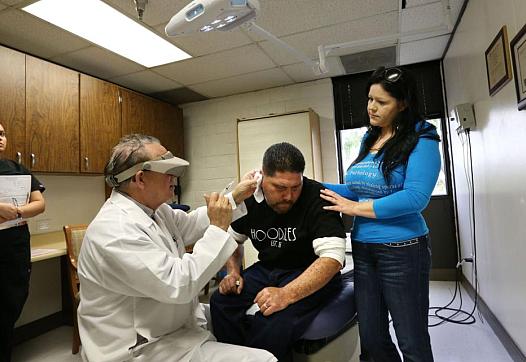
When Juan Solis shuffles out of his dark bedroom, he’s careful not to get too close to the windows because Solis has extreme light sensitivity caused by valley fever.

When Juan Solis shuffles out of his dark bedroom, he’s careful not to get too close to the windows because Solis has extreme light sensitivity caused by valley fever.
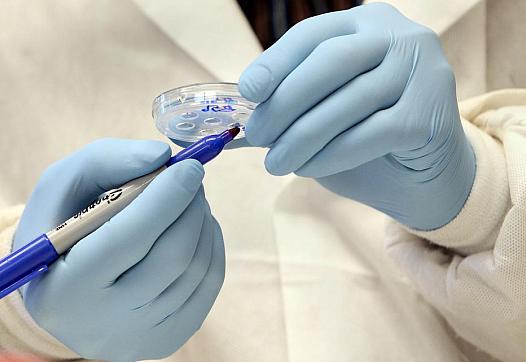
The bill would bring $2 million to an already-established state fund for valley fever vaccine research and create guidelines for how local, state and federal agencies report cases.
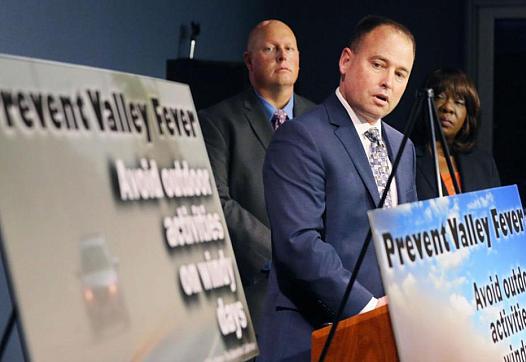
Valley fever killed six residents in 2016 and infected 1,905 others, a 62 percent surge over the number infected the year prior.
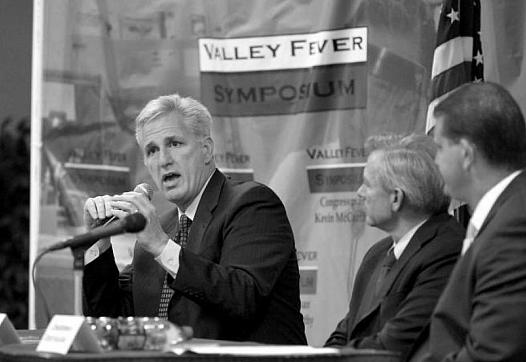
Valley fever infects more than 13,000 people annually in Arizona and California, killing more than 100. Yet they spend less annually on public awareness.
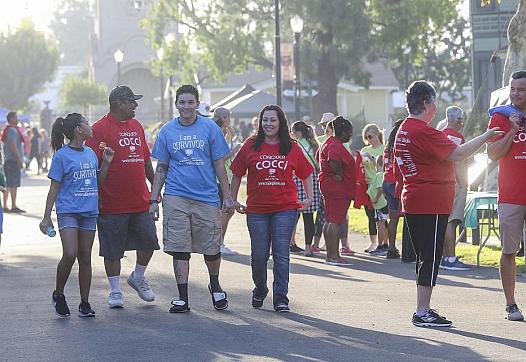
Experts in social behavior and public health focus on raising the public's valley fever awareness.
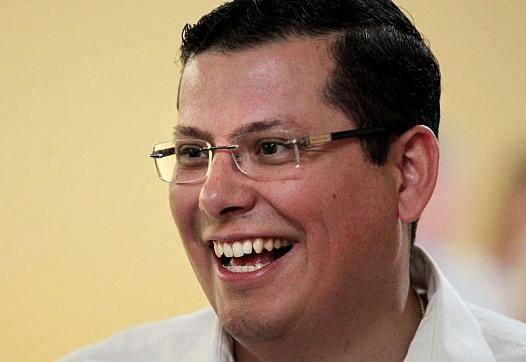
State senators will vote on a bill to enhance valley fever reporting guidelines and public outreach this week, to raise public awareness of valley fever in the southwestern United States.
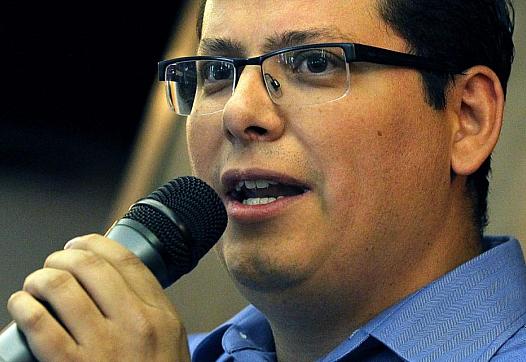
The California legislature approved a Wednesday bill requiring the public health department to develop public outreach programs for valley fever, a respiratory disease endemic to Kern County.
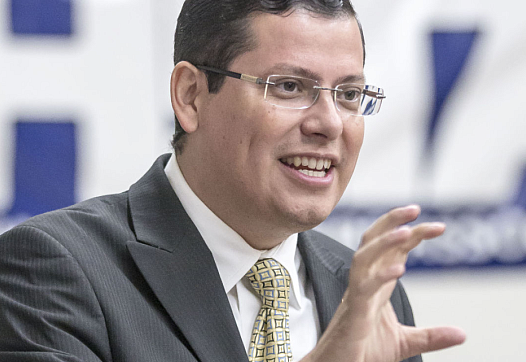
Even as valley fever cases sharply increase in Central California, Gov. Jerry Brown has vetoed legislation to create programs to inform the public about the little-known respiratory disease.
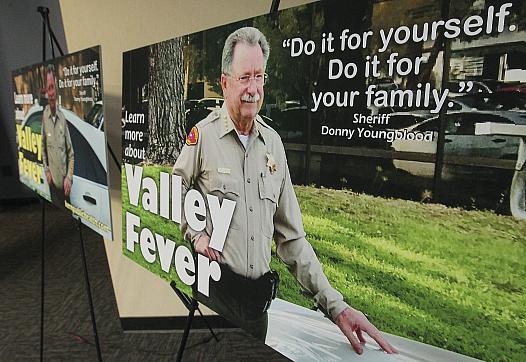
Two significant obstacles have stood in the way of developing a meaningful Valley fever awareness campaign: money and a lack of a celebrity to champion the cause.

In the city of Lemoore, a community of 25,000 rising out of arid cropland in California’s San Joaquin Valley, almost everyone has a story about valley fever.